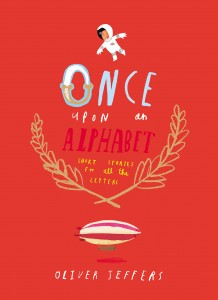One of my favorite parts of our workshop this semester has been the weekly writing exercises. I know that sometimes people had trouble making the time for writing each week, and back at the beginning of the semester when I saw there was a prompt every week I remember feeling really downtrodden by the idea. Before this semester I always met writing prompts with chagrin–I could never seem to produce anything substantial out of a direct prompt. In class exercises were especially difficult for me and I dreaded on life and limb that inevitable moment when I’d have to share my dumb brain musings.
I don’t know if it’s the style of exercises that Lytton’s chosen to go with–designing the prompts as different approaches to the line, or whether I’ve just accepted my writing prompt fate, but I’ve honestly felt that the weekly exercises have helped me create better, more pointed poems. I know this is a pretty general blog post, but it’s something we don’t talk about much and we’ve all had to struggle through together. We’ve mentioned the exercises in class a little, but with workshop it usually gets forgotten. I’ve had mostly really great experiences with the exercises, and I hop everyone else has had some success too!

